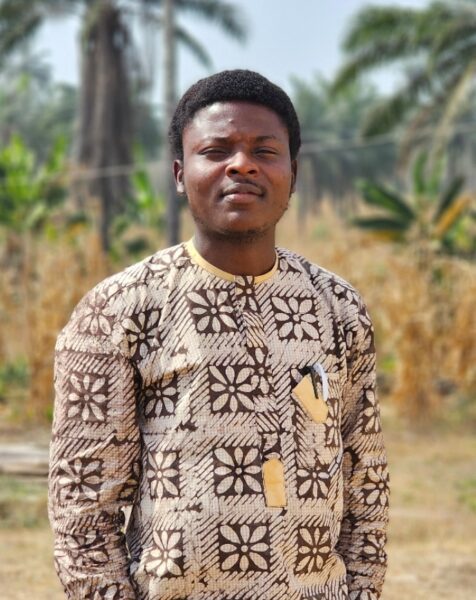I have however come to terms with myself being within every right to state my opinion on matters within the purview of the public. As a person from a multi-religious family, I can confirm that shari’ah has always been with us in Yorubaland, we’ve had “seria” with Muslim families, who desire it, conducting their family affairs in accordance with the religious dictates, adjudicating on marriage, arbitrating on disputes – no official sanctioning, yet with no noise, and no drama. It’s to this end that I state that the sultanate has an ulterior agenda behind her aggressive stance, far beyond what eyes can currently see, and ears can currently hear.
The establishment of shari’ah courts isn’t the end goal but just the veil that needs to be removed towards achieving that goal – the creation of a replica of her moral police, also called “Hisbah” is, and if that won’t be achieved, we heat the polity and destroy the West’s regional peace. The achievement of her end goal is a deliberate attempt at hiding behind shari’ah to perpetrate inhumanity? What were its benefits to those who have had it over the years? What has the ones who professed to be public and formal about it achieved? At least we may try to copy something beneficial, but what had it done to them? When it comes to religion, nobody thinks again. It’s about “faith” and not the underlying reasons.
When Honorable Gyang Dung from Plateau State sponsored a bill for the establishment of Ecclesiastical (Christian) Courts in 2016, it was shut down despite the fact that it had scaled second reading. No fuse was made, even the NSCIA under the leadership of the Sultan, represented by Prof. Oloyede called it “an act of intolerance”.
There are many questions running through my mind – the basis of my opinion, these, I will leave to those whose emotions haven’t beclouded their judgements.
Why are we too carried away with emotions attached to religion that we forgot to see behind the veil? Was the shari’ah saga an issue to us for decades of its non-alarming and informal presence? Why do we all think it makes us feel “religiously correct” because some alarmists in the sultanate said so? None of the Yoruba enablers of this politico-ethnic agenda thought about having Sharia courts for decades, and it was NEVER an issue here in the West. Why has everybody become “pious” in matters of such defense, when the Sultan and his alarming cronies raised it?
Why have we enjoyed relative peace, all the while, and now the region wants to be turned to a hotbed for some imports? Was the Muslim faith practiced here for years, not protected or the fathers who died without the formal and alarming shari’ah panel/courts not fit for heavenly rewards? If the Sultan hasn’t reeled out this nonsensical agenda that won’t see the light of the day, everybody will keep minding our businesses like we have been, for years.
The agenda is simple – “destroy their regional peace; killer herdsmen and their antics couldn’t work, divide them and destabilise their regional peace with religious undertones, they would jump at that so quickly”. They know they can’t be wrong at this, and of course they are validated.
It was even claimed not to be for all Muslims, but “interested” ones, yet they keep shouting about “marginalisation”. If the idea that it is not for all but the interested ones is genuine, how then does the word “marginalisation” come to play? Yoruba Muslims have never been marginalised, Osun State (where I come from), has had six elected governors, five of whom are Muslims; Oyo State, since the beginning of the current democracy has had five governors, three of whom are Muslims; there was a time, four of six governors from the southwest were Muslims, nobody made a fuse about that. The most powerful person in the country today is from the West, and he’s a Muslim.
In all of these, how do we make people see what they don’t want to see? It’s religion, and it must be. In the end, let the sultanate and its cronies read the handwriting clearly written on not just a wall, but many walls – “kò sí ààyè” in Yorubaland.
——-
John Oyebanji is a Public Affairs Analyst, and writes from Osun State.










